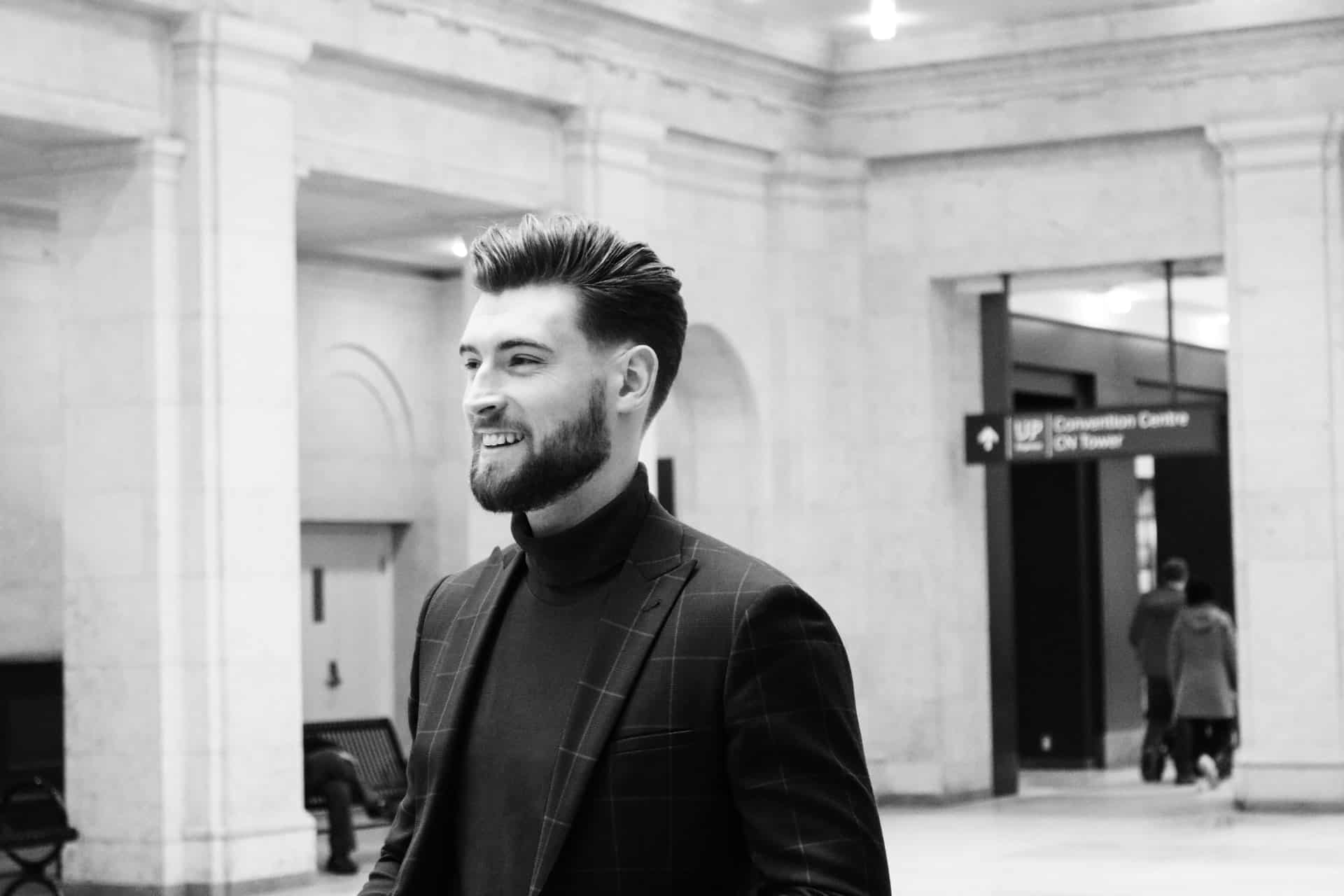Barbers as Cultural Stewards Molding Community Character and Connection in NYC Metropolis
Barbers as Cultural Stewards Molding Community Character and Connection in NYC Metropolis
Blog Article
Barbershops in NYC are not only locations to get a trim; they function as crucial community hubs that help define neighborhood identity and nurture relationships among residents. These establishments have a long heritage in urban settings, acting as meeting spots where individuals from varied backgrounds come togetherness. In many areas, barbershops are often the initial venue where individuals can engage in conversations about community issues, share stories, and forge relationships. This distinct role makes barbers not only talented professionals but also community curators who add to the community fabric of their neighborhoods.
The environment in a barbershop is often vibrant and welcoming, creating a space where people feel at ease expressing themselves. Barbers are known for their skill to engage with clients, often engaging in talks that span from athletics to current events. This interaction helps to create a sense of belonging among patrons, as they share their experiences and perspectives. In many cases, barbershops mirror the ethnic diversity of the neighborhoods they serve, showcasing different haircuts, grooming methods, and even music that resonate with the local community. This cultural exchange enriches the interaction for all involved and strengthens community ties.
Barbershops also have a significant role in preserving cultural traditions. Many barbers have been trained in specific techniques that are transmitted through ages, guaranteeing that unique looks and practices are not lost over time. For example, certain haircuts and grooming methods may be tied to cultural heritage, allowing individuals to express their identity through their appearance. By investigate this site maintaining these traditions, barbershops help to keep cultural stories alive, providing a sense of pride and connection for local members.
In furthermore to their cultural significance, barbershops often engage in community outreach and support local initiatives. Many barbers take an active role in addressing social issues, such as learning and health education, by organizing events or offering resources to their patrons. This engagement shows a dedication to the health of the neighborhood and encourages a sense of responsibility among barbers. By using their platforms to promote positive change, barbershops become essential players in the local area, further reinforcing their role as community curators.
Overall, barbershops in NYC serve as crucial places for cultural interaction, community development, and identity creation. They provide a unique environment where individuals can connect, exchange, and honor their varied backgrounds. As cultural curators, barbers not only shape the way people show themselves but also influence the broader community dynamics. By recognizing the value of these businesses, we can value the vital role they play in fostering connections and maintaining cultural traditions in city settings.